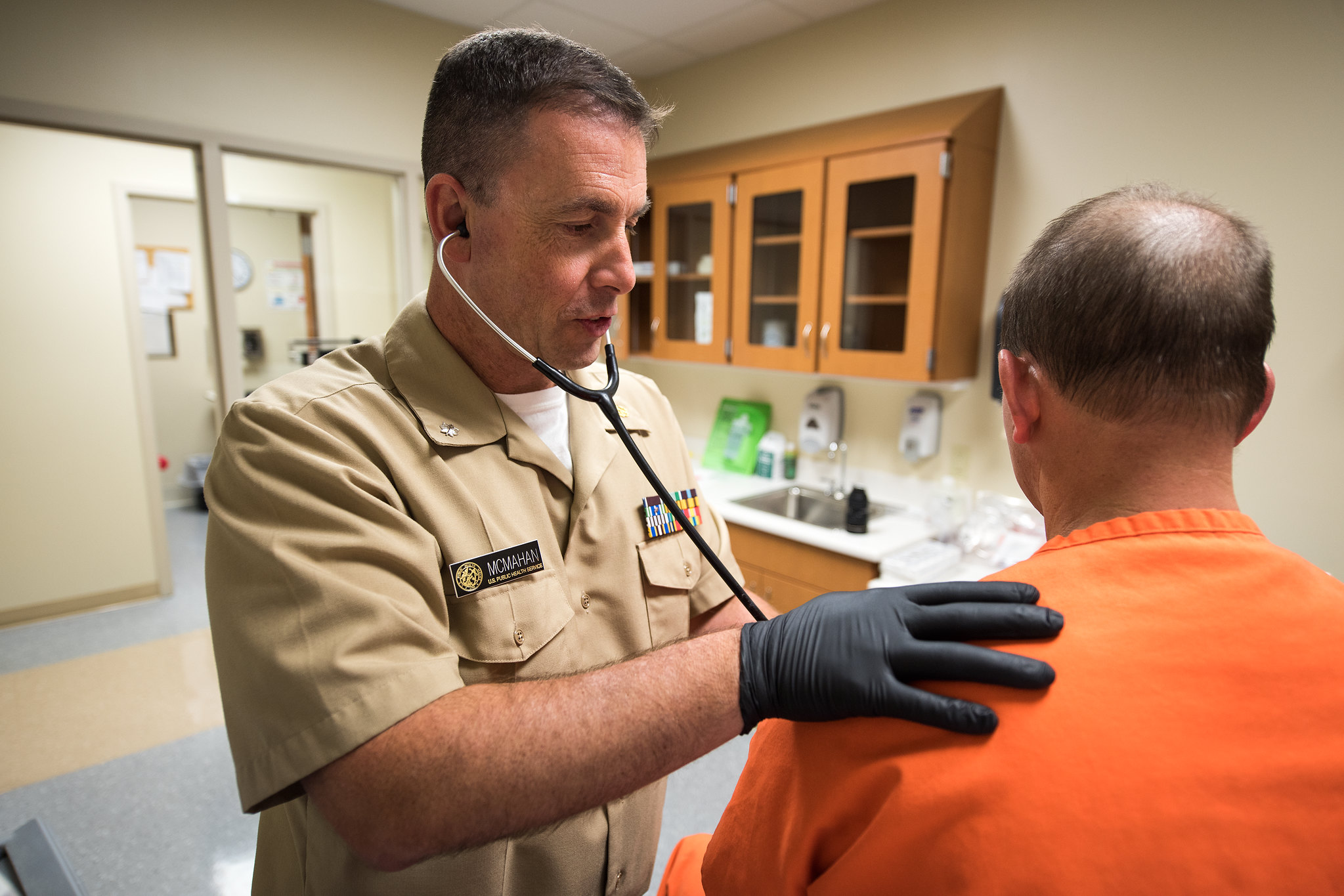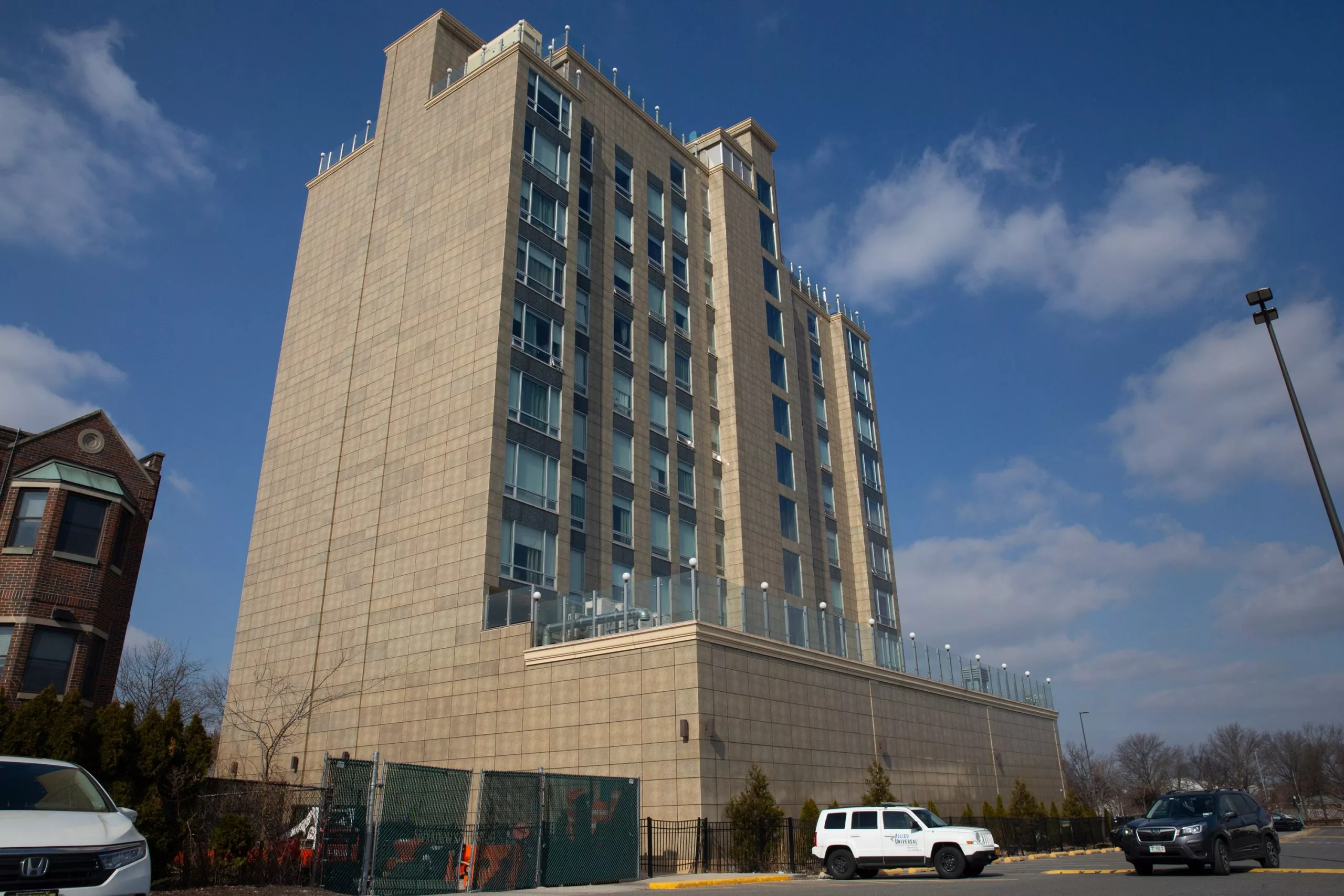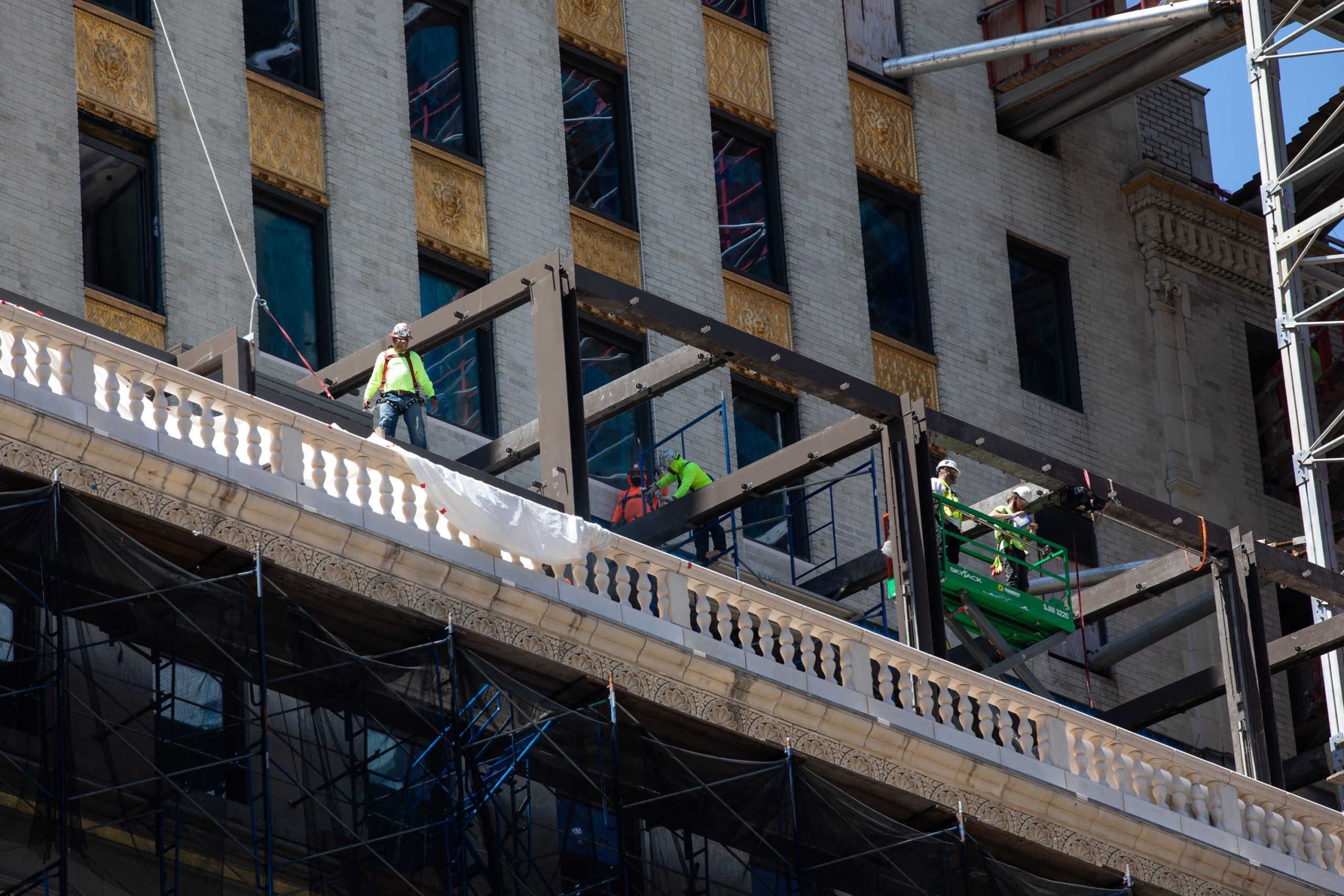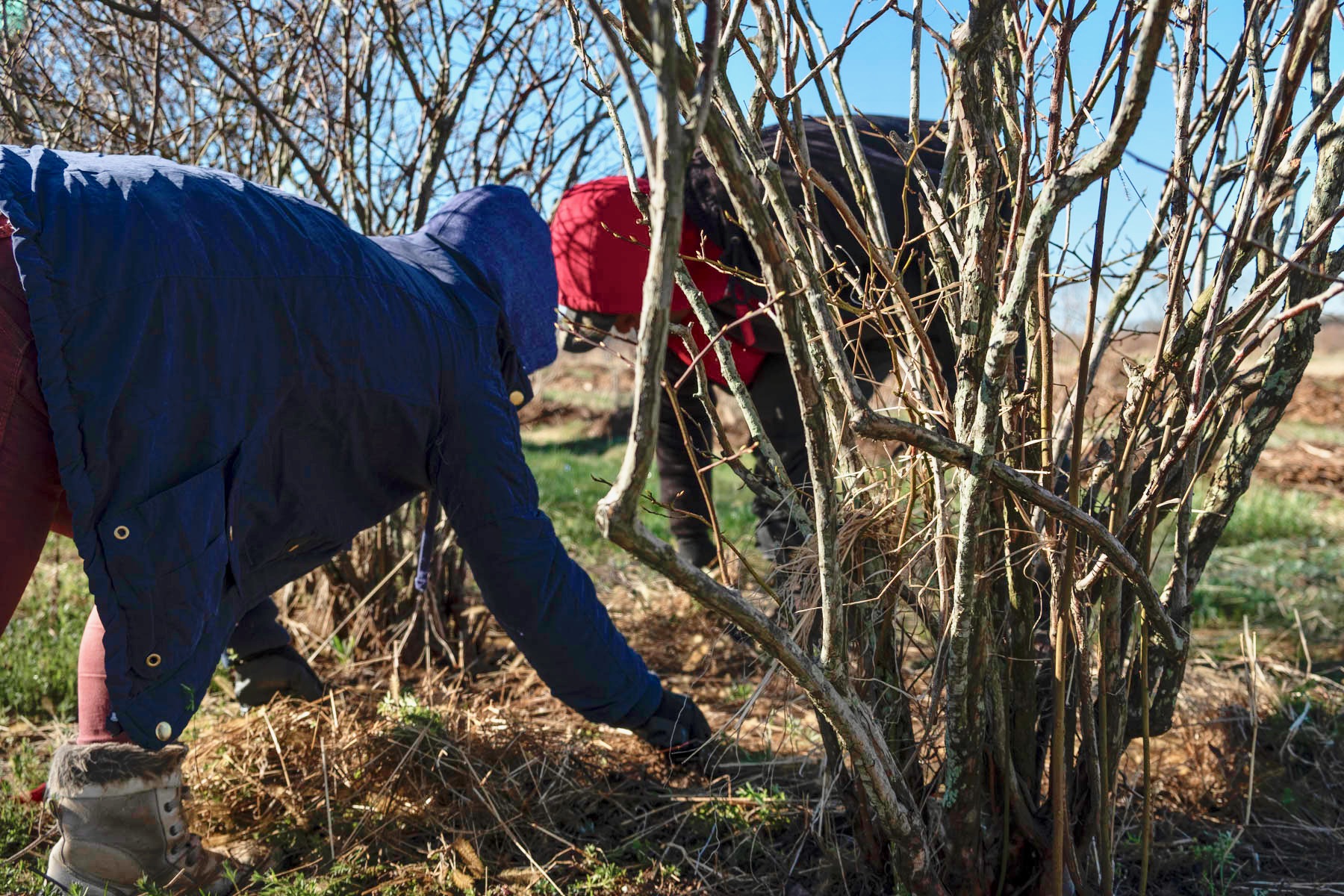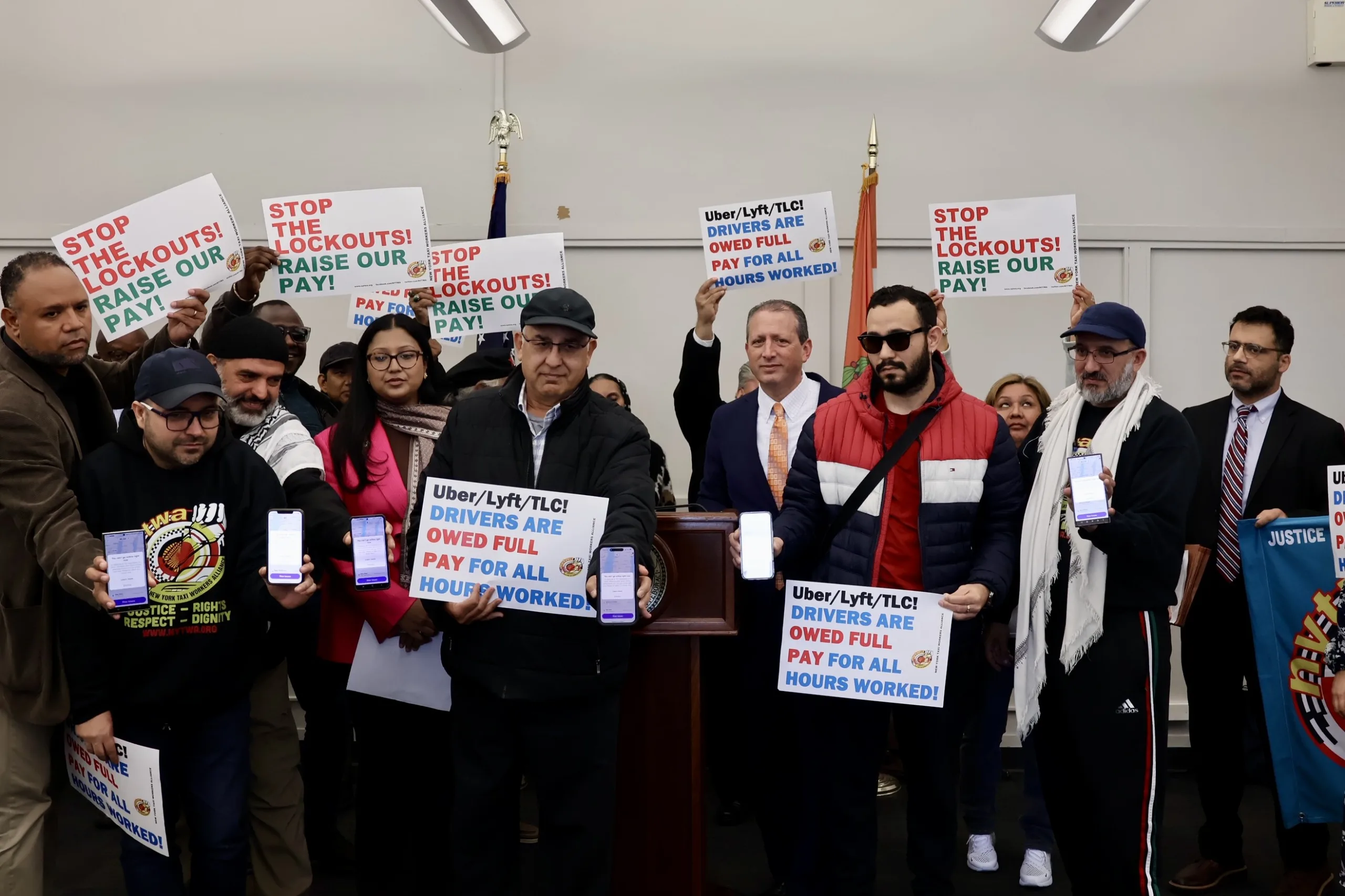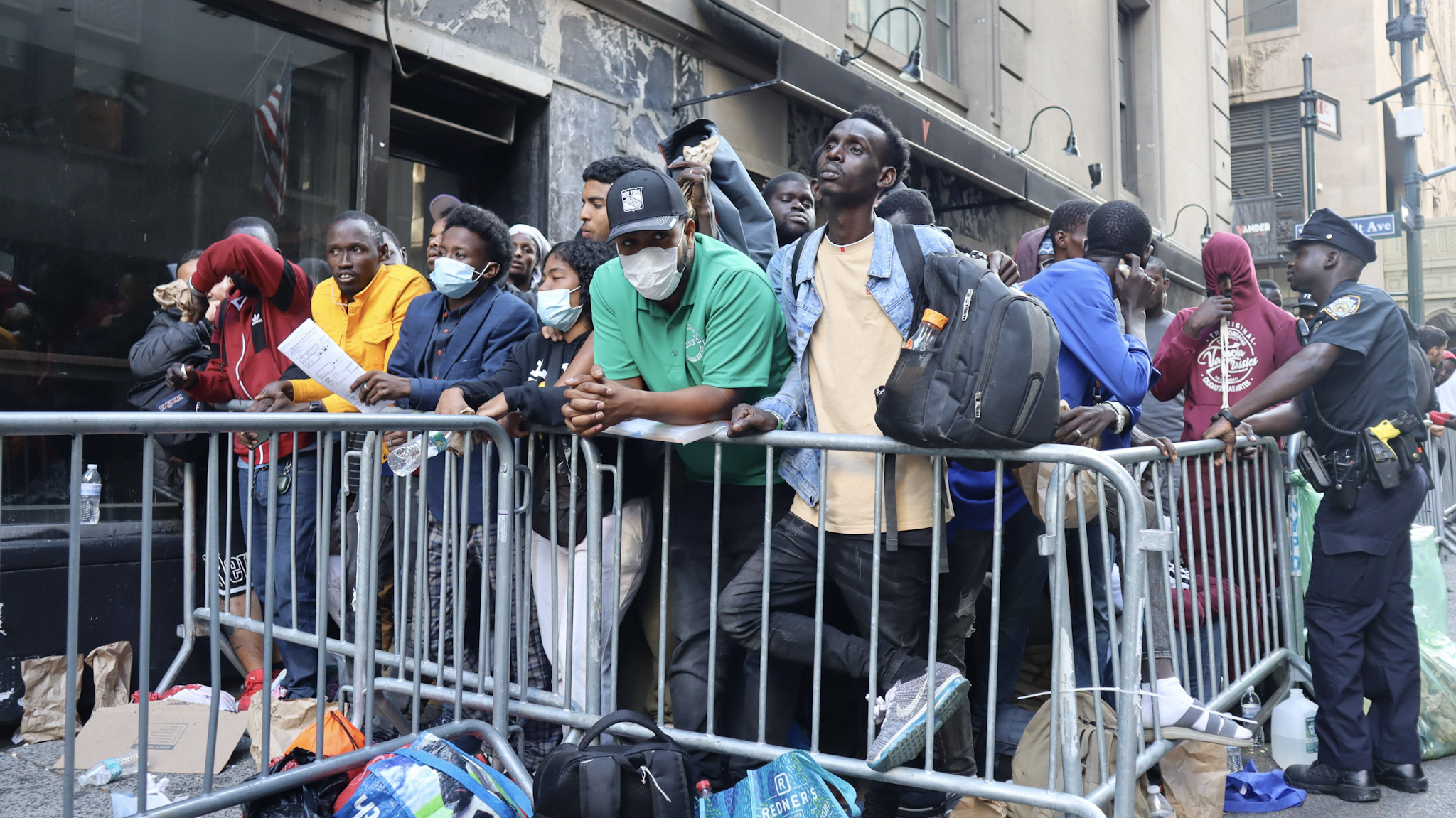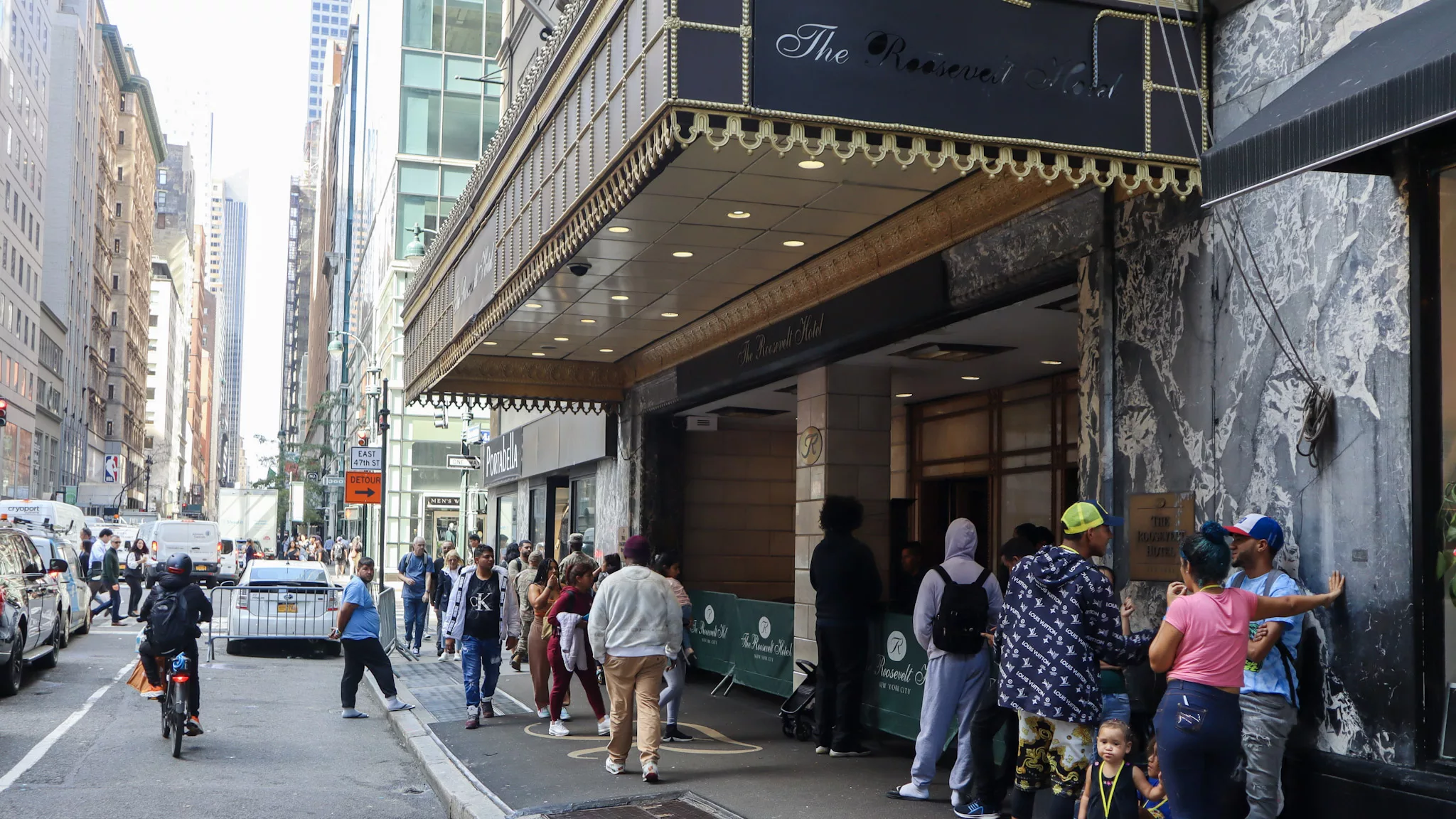New York Sen. Kirsten Gillibrand (D) and Rep. Brian Higgins (D-Buffalo) are calling for closer federal oversight of the Buffalo Federal Detention Facility in Batavia, New York. “I’m deeply concerned by the reports of ICE’s inhumane treatment of detainees,” Gillibrand said in a statement. “I write to express my continued concerns with the health and safety of all parties,” at the center, Higgins said in a letter to James McHenry, director of the Executive Office for Immigration Review and Matthew Albence, acting director of U.S. Immigration and Customs Enforcement.
In his letter, Higgins described how ICE has maintained its practice of releasing detainees at local bus stops and gas stations in Western New York. “Because of mandatory social distancing measures taken by the State of New York, detainees are being deprived of temporary shelter and resources upon release,” he added. Since Western New York is home to agencies dedicated to assisting immigrants with resettlement upon release, Higgins called on ICE to work with them instead of releasing detainees randomly. The Buffalo area facility has the second highest number of COVID-19 positive detainees in the country, according to ICE data.
Earlier this year, Higgins wrote to the Executive Office for Immigration Review about safety concerns at the Batavia facility and said the House Judiciary Committee has discussed them as well. Last month, Documented’s Mazin Sidahmed spoke to several detained people at the facility, all of whom were terrified of catching the virus. “I am extremely fearful of suffering to death and dying alone without my family,” one detainee said. At the immigration court attached to the facility, lawyers said they’ve had to wear improvised protective equipment like swimming goggles and kitchen gloves to appear in court. The Investigative Post
Local
COVID-19 Burial Fund Extended to Undocumented Immigrants
The Mayor’s Fund to Advance New York City, a nonprofit operated by the city, will provide assistance to undocumented immigrants who want to bury loved ones who have died of COVID-19 related issues. “In their time of grief, all New Yorkers, regardless of their income or immigration status, should have the right to bury their loved ones how they see fit,” Mayor Bill de Blasio said in a statement. The maximum grant money given to one family has been extended to $1,700 up from $900. The Wall Street Journal
Public Advocate Seeks Assurances Contact Tracing Data Will Not be Shared with ICE
New York City’s Public Advocate Jumaane Williams is seeking assurances that New York state and the city will not allow data collected during COVID-19 contact tracing efforts to fall into the hands of immigration enforcement and third-party businesses. “We have an ability to get this right at the beginning so we don’t have to come back and sound the fire bells while this is going on,” Williams said during a virtual press conference on Monday. The public advocate sent letters to Gov. Andrew Cuomo and de Blasio with questions about who has access to the data and what forms of technology will be used. Law360
Why the Heart of the COVID-19 Pandemic Borders a Lesser Touched Neighborhood.
The Flushing and Corona neighborhoods in Queens lie next to each other and share many similarities. Their residents are mostly foreign born, live in close quarters, hold essential jobs, have income below the Queens median and lack health insurance. Yet Corona has become the epicenter of the coronavirus outbreak and Flushing has reported one of the lowest COVID-19 positive rates in the city. Early measures many Flushing residents took to protect themselves may have made a difference. Businesses shut down and residents started wearing masks before Cuomo instructed the state to. Their large Chinese-born population also likely played a factor. “A lot of Chinese people in New York City were probably more aware of the situation earlier,” said Kezhen Fei, a senior biostatician with research group PRA Health and Science. THE CITY
National
More American Jews Immigrating to Israel During COVID-19
An increasing number of North Americans, including more New Yorkers, are deciding to immigrate to Israel, according to Nefesh B’Nefesh, an agency that organizes Jewish immigration from the United States and Canada. The percentage of applications from New York and New Jersey residents Increased from 46.5 percent of all applications in 2019 to 50 percent in 2020. The Jewish Agency, which arranges immigration to Israel from all other countries, expects an increase of 30 percent in immigration over the next two years because of the pandemic. The Jerusalem Post
Potential COVID-19 Carriers Detained But Not Quarantined
Immigrants held by the U.S. Marshals Service at the Otay Mesa Detention Center in San Diego are not being quarantined while ICE tests them for coronavirus, according to detainees, inmates and attorneys. Detainees like Maria Garcia, a woman who had been in the facility, are kept in the general population if they exhibit coronavirus symptoms and are awaiting test results, creating the potential for them to infect even more detainees. “No one is worried about us,” Garcia said. “We don’t know anything. They just come by outside, look at us and go.” The facility is run by the private prison company CoreCivic. Los Angeles Times
Remittances Slow Under COVID-19 Pandemic
It has been two months since Sergio Armas received a paycheck, which means his parents in Nicaragua haven’t received the vital $300 he sends them every month for food, electricity and medicine. “I’m the only one with the opportunity to help my family, and I can do nothing right now,” he said. Immigrants wire more than $550 billion per year back home, according to the World Bank. Because of the coronavirus, remittances are expected to fall 20 percent this year. “That is going to rupture an important lifeline to a large number of people,” said Dilip Ratha, a lead economist at the World Bank on migration and remittances. PRI
Special Unit at Privately Run Facility Squashes Dissent with Pepper Spray and Other Tactics
Staff at the Stewart Detention Center in rural Georgia dispatched a special response team to pepper spray immigrant detainees after they began protesting for better medical attention, detainees tell The Intercept. Stewart, which is operated by the private prison company CoreCivic, has a special unit of correctional officers who are assigned to suppress disturbances. Special Operations Response, or SORT, is trained to use riot shields, helmets, pepper spray and pepper-ball ammunition. SORT officers have used force on immigrant detainees at Stewart twice during the COVID-19 pandemic, and each time they celebrated on social media. In one post, the officer said he shot all detainees in sight and was in “call of duty mode,” in reference to the popular video game. The Intercept
Traffic on the Migrant Trail Grinds to a Halt
In recent weeks, traffic on the migrant trail through Mexico has all but stopped. Last year, the shelter in southern Mexico known as La 72 sometimes received more than 2,000 migrants in a month, but since March it’s seen no more than 100. “I’ve never seen anything slow migration like the coronavirus,” said Ramón Márquez, the former director of the shelter. Border closures, suspended asylum programs and interruption in global transportation networks have drastically curbed migration around the world. “The pandemic has essentially — not absolutely, but essentially — stopped international migration and mobility dead in its tracks,” said Demetrios G. Papademetriou, co-founder and president emeritus of the Migration Policy Institute in Washington. The New York Times
Washington — Politicized Immigration Court Hiring, Green Cards for Nurses and Doctors, DHS Urges Judge Not to Block H-1B Rule
The Justice Department altered the hiring protocol at the Board of Immigration Appeals, which makes determinations on appealed immigration court rulings, documents obtained by CQ Roll Call reveal. The documents show the agency shortened hiring timelines and showed preference to judges with records of ruling against immigrants. Three judges who were sworn in to the BIA on Friday, including one who denied over 96 percent of the asylum requests before him, had a history of formal complaints about “bias and prejudice.”
The documents were released through a lawsuit filed in March by the American Immigration Council and the American Immigration Lawyers Association, and were shared with CQ Roll Call. “The [hiring] processes previously in place were cumbersome and not efficient,” Laura Lynch, senior policy counsel at AILA, acknowledged. But this new plan “really eviscerated any protections that were put in place … to create a flexible process to fit their political priorities,” Lynch said. “It’s very unclear and opaque and provides the leeway to manipulate the process.” The EOIR defended the hiring process as “open, competitive, merit-based.”
The new hiring process appears to lessen the importance of career employees in the hiring of members of the board, which had been restructured after a 2008 DOJ Inspector General investigation found the process was highly political. James McHenry, director of the EOIR, said he sought to streamline the hiring process and make it more efficient several times in one memo. New openings on the board are now only public for 14 days to “begin the application review process more quickly,” McHenry wrote. Current board members have to submit evaluations of job candidates within three days. Critics say the expedited process allows McHenry to push pre-selected candidates. CQ Roll Call
A new bipartisan Senate bill would allocate 40,000 unused, previous authorized immigrant visas to doctors and nurses who can work to treat coronavirus patients. The Healthcare Workforce Resilience Act, was introduced by Sens. Dick Durbin (D-Ill.) and David Perdue (R-Ga.) and co-sponsored by Sens. Todd Young (R-Ind.) and Christopher Coons (D-Del.). The visas would expire 90 days after the end of President Trump’s COVID-19 emergency declaration. The HillThe U.S. Department of Homeland Security on Monday urged a Washington, D.C., judge not to block an Obama-era rule that allows spouses of H-1B visas holders to work in the U.S. The agency argued that American information technology workers, who are challenging the rule, have not been irreparably harmed by it. Any economic harm suffered by Save Jobs USA, a group of former Edison IT workers from Southern California, is speculative and insufficient to warrant an injunction, blocking the rule and preventing the spouses from working in the U.S., the department said. Law360 (paywall)
